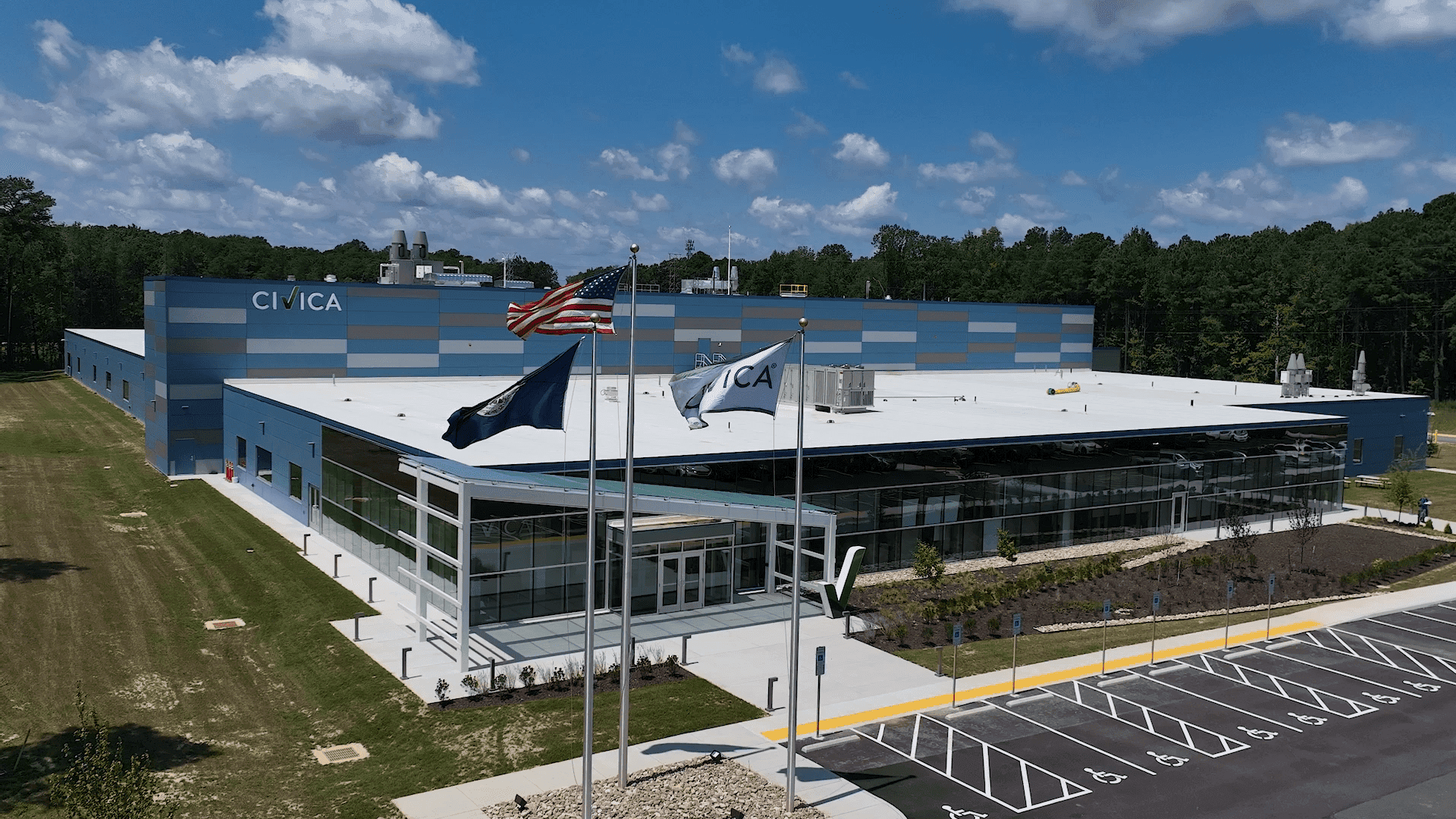![[Aggregator] Downloaded image for imported item #56339 [Aggregator] Downloaded image for imported item #56339](https://staffreliefinc.com/wp-content/smush-webp/2025/10/Exterior-Main.png.webp)
U.S. Hospitals Are Leading Efforts to Get Patients the Medicines they Need

If you undergo a surgical procedure or are admitted to a hospital for nearly any serious condition, you are likely to receive various generic injectable drugs. From blood thinners to antibiotics to anesthetics, these essential medicines are used every day in hospitals across the country. Unfortunately, many of these medications are at risk of being in short supply.
For more than 15 years, the traditional model of drug purchasing, manufacturing and supply has been unable to reliably supply these drugs. Reasons are many, including existing manufacturers pulling out of the market because they can’t make enough money manufacturing and selling these “work horse” medicines to keep their own lights on.
That’s why leading U.S. health systems took matters into their own hands to address two problems: chronic drug shortages and the high labor costs and turmoil that come with securing alternative medicines for patients when the standard of care is not available. Together, nine of these health systems and three philantropic organizations led the creation of a non-profit drug company called Civica – which we believe is the only company created with the express purpose of preventing and mitigating drug shortages.
Our founders formed Civica as a member-driven “healthcare utility,” knowing that access to essential medicines is not a competitive advantage for hospitals, but a public good. Their intuition and action have since benefited millions of patients. To date, Civica has delivered nearly 250 million doses of essential medicines to approximately 1,400 hospitals across the country to benefit over 90 million patients.
Civica emphasizes predictable and sustainable pricing. It also invests in quality manufacturing, including a preference for U.S. sourcing, as well as longer-term contracts that bring stability to the market. Civica holds about six months of inventory for each of the 70 drugs it currently provides to buffer disruptions in the market. Civica’s new manufacturing facility, currently in the start-up phase, will add more domestic capacity and much-needed redundancy to the marketplace
For hospitals and health system leaders, the Civica model means fewer disruptions to patient care, greater predictability in pharmacy budgets, and a stronger foundation for long-term planning. It also means that patients and their loved ones never have to wonder if they will be able to get the care they need when they walk through a hospital’s doors in their most vulnerable moments.
None of this progress would be possible without the steadfast commitment of our governing members:
- CommonSpirit Health
- Gary and Mary West Foundation
- HCA Healthcare
- Intermountain Health
- Kaiser Permanente
- Laura and John Arnold Foundation
- Mayo Clinic
- Memorial Hermann Health System
- Peterson Center on Healthcare
- Providence Health
- SSM Health
- Trinity Health
From our organization’s earliest days, they blazed a trail by investing in a new model and helped build something without precedent.
Behind every reliable and affordable dose of medicine are teams and leadership that make it possible. On behalf of the entire Civica team, I thank our Board members, their health systems and all Civica member hospitals. Together they continue to guide Civica’s mission to make essential medicines available and affordable.
I’m pleased to share that the Civica model is now seven-years tested and proven. Still, there are more patients waiting for more certainty in their care and there are more organizations looking for more operational and financial predictability. We enthusiastically welcome new hospitals to join us. Feel free to reach out to me directly at Ned.McCoy@Civicarx.org. I’m happy to set up a call.
The post U.S. Hospitals Are Leading Efforts to Get Patients the Medicines they Need appeared first on Becker’s Hospital Review | Healthcare News & Analysis.



